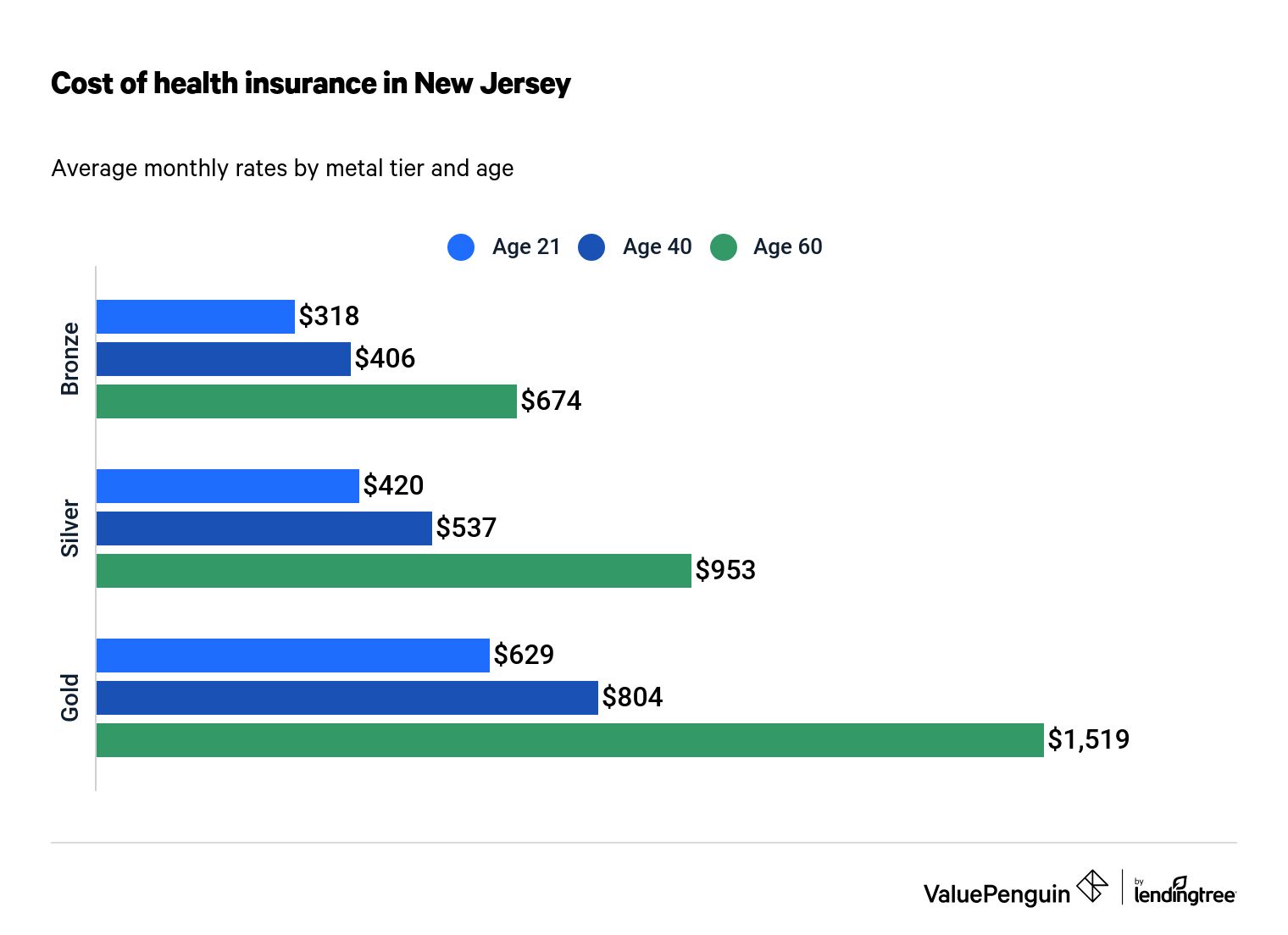
It is important to be aware of the fact that some policies exclude coverage for pandemics. These events may not be covered by others until they are declared. To get the full details of your policy, it is best to go through them. However, if you are unsure, it is best to opt for comprehensive travel insurance. You should also consider a policy that provides Cancel for Any Reason coverage.
Cancel for any reason coverage
Standard travel insurance policies do not cover pandemics or epidemics. Therefore, those who do not choose the optional "Cancel at Any Reason" coverage are unlikely to be able pay for any pandemic-related costs. In addition, "cancel for any reason" coverage does not qualify as insurance in New York state because it doesn't trigger a specific event. However, insurers are able to comply with the law and show that the benefit is for an "authorized organization".
In recent years, many insurance providers have added the "COVID-19" pandemic to their travel insurance policies. To be eligible for this coverage, travelers must be certified by a physician. The coverage of "I am afraid to travel" does not apply. However, travelers with Cancel for Any Reason coverage may qualify for 50-75% of their trip costs. Travelers should know that this coverage is not available at all times. Cancel For Any Reason is only available for travelers who cancel less than two days before their departure.
Standard trip cancellation policy
Standard travel insurance policies may not cover travel costs resulting from a pandemic. To get this coverage, an upgrade must be purchased to your policy. The upgrade covers up to 25% of non-refundable costs and costs approximately 40 percent more than the standard plan. This is a great option if there is a potential pandemic.

Make sure to read your policy to determine whether pandemic coverage is included. To check if there are any other mishaps, you can also go to your policy. Check that your policy limits can cover any other mishaps. In addition, make sure that your policy covers emergency evacuation and transportation in case of an emergency.
Cancellation because of fear of Travel
In general, travel insurance policies won't cover cancellations for fear of pandemics. However, some companies have relaxed their policy requirements. If you have a medical condition and need to cancel your trip, then you might be eligible to receive 50-75% back under the Cancel for Any Reason option. You must act fast to be eligible for this benefit. The best way to do so is to cancel at least 2 days before departure.
Standard travel insurance policies usually do not cover cancellations for pandemics or epidemics. If you cancel your trip due to "fear" of traveling, your plan won't pay for it. Travelers need to be aware that there may be many reasons to cancel their trip. Travelers may need to cancel their trip due to cancellations of airline flights, suspensions of cruise ships, or other issues.
Waiver for pre-existing condition
If you have pre-existing medical conditions, you may be worried about getting hurt or sick while traveling. These conditions are not covered by most travel insurance policies. However, if you have a chronic condition, you might be eligible for a waiver.
This waiver allows you avoid high premiums for medical conditions. You can also get a pre-existing conditions waiver if you've had the disease or health condition for at least 60 days before you purchase your travel insurance policy. To ensure that your policy covers you for this type of illness, make sure to check your medical records.

Cancellation coverage for COVID-19
Travel insurance is necessary if you travel to a affected region by the Covid-19 viruses. Some insurance policies provide coverage for cancellations of trips due to certain diseases. Some policies will also cover quarantine costs. It doesn’t matter if it’s for business or pleasure. Make sure you know your specific coverage.
Insurance policies typically exclude loss due to epidemics. Therefore, you should inquire about cancellation coverage to COVID-19. The extent of your policy and the type of coverage you have will determine the answer. COVID-19 is a communicable illness, so some insurance policies exclude it from their coverage. Others may offer coverage if such events are covered by a joint private-public initiative.